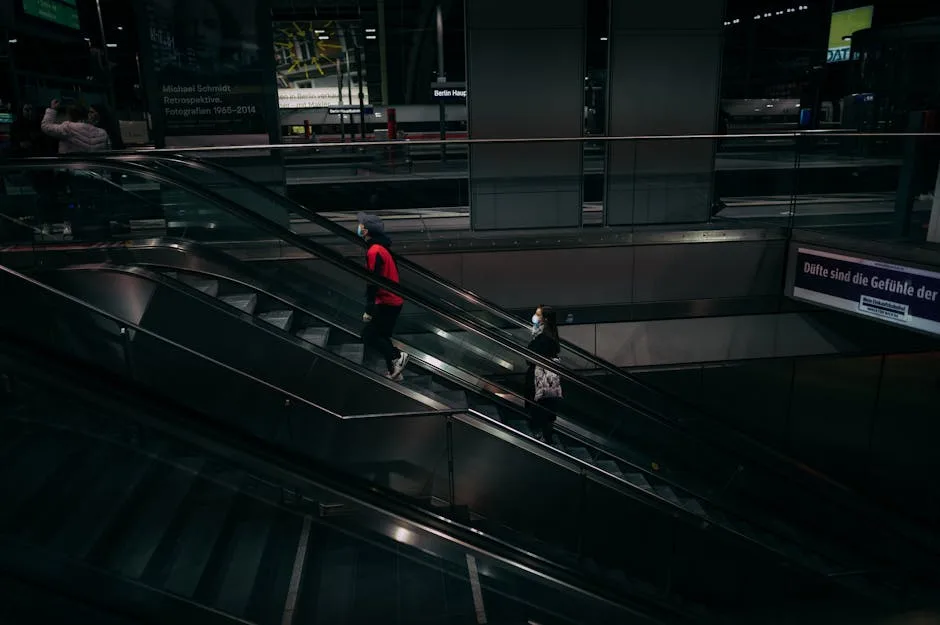
Berlin’s proposal to introduce designated “Queer-Abteile” (queer compartments) in public transport has sparked a heated debate about inclusivity, safety, and the fragmentation of shared spaces. The initiative, aimed at protecting FLINTA* (women, lesbian, inter, non-binary, trans, agender) individuals, has drawn criticism from those who argue it undermines the principle of universal access in public transit1. Meanwhile, broader discussions on transport security—including weapon bans and digital governance—highlight the tension between identity-based policies and systemic safety measures.
Queer-Abteile and the Fragmentation of Public Space
The idea of gender-segregated compartments in Berlin’s U-Bahn and S-Bahn networks follows similar initiatives in other cities, but critics argue it risks creating exclusionary zones rather than fostering inclusivity. The Junge Freiheit commentary describes the move as paradoxical: “First, they tear down the borders of the country, then call for fences and safe zones to hide from those they invited”2. Proponents, however, cite rising harassment reports as justification for the measure. Police unions have simultaneously pushed for standardized weapon bans across regional transport, with Hamburg and Schleswig-Holstein already enforcing such policies3.
Digital Governance and Fare Reforms
Beyond safety debates, Germany’s public transport sector is undergoing digital transformation. The nationwide Deutschland-Ticket (€58/month) simplifies regional travel, while Paris plans to introduce flat fares (€2.50 Métro, €2.00 bus/tram) in 20254. North Rhine-Westphalia (NRW) has adopted AI-assisted procurement frameworks to streamline municipal contracts, though concerns persist about untested software updates following incidents like the 2024 Crowdstrike outage5.
Workforce Shortages and Security Implications
Labor gaps in transport logistics—such as the demand for ADR-certified truck drivers in Düsseldorf—compound operational challenges6. Meanwhile, Schleswig-Holstein reported a 278% increase in data breaches linked to AI integration, underscoring the risks of rushed digitalization7. These issues intersect with the Queer-Abteile debate, as fragmented policies may strain already limited resources.
Conclusion
The Queer-Abteile proposal reflects broader tensions between targeted safety measures and universal access in public infrastructure. While digital reforms aim to improve efficiency, workforce shortages and security risks demand careful balancing. Future policies must weigh inclusivity against practical feasibility, ensuring transport systems remain both safe and equitable.
References
- “Queer-Abteile im Nahverkehr: Selbstabschaffung auf lila Sitzen,” Junge Freiheit, 2025.
- “Polizeigewerkschaft fordert einheitliches Waffenverbot im Nahverkehr,” n-tv, 2025.
- “Deutschland-Ticket: Regional Transit Subscription,” Deutsche Bahn, 2025.
- “Paris vereinfacht die Fahrpreise im Nahverkehr ab 2025,” Deutsche in Paris, 2025.
- “NRW’s AI-Assisted Procurement Framework,” eGovernment.de, 2025.
- “Berufskraftfahrer im Nahverkehr gesucht,” StudySmarter, 2025.
- “Datenpannen in Schleswig-Holstein,” eGovernment.de, 2025.





